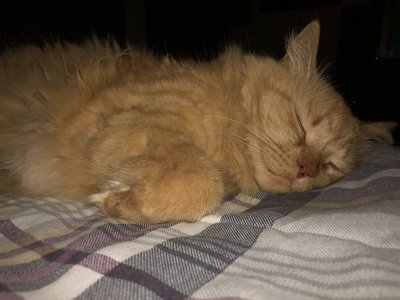- Joined
- May 26, 2020
- Messages
- 1
- Purraise
- 0
My cat is going to have his anal glands expressed again, second time in two months. The vet is prescribing Royal Canin fiber response RX food and says if it happens again, he will have to have his glands surgically removed.
He’s currently 10 years old with no other known health issues except occasional vomiting and chronic constipation. He eats a quarter cup of Blue Buffalo grain free and mostly canned every day.
What should I do? Should I resort to the prescription food? Have his glands removed? Has anyone had similar issues and had any luck with anything? Also, if I get the RX food - how do I keep my 8 week old kitten away from it? I just got her this week.
He’s currently 10 years old with no other known health issues except occasional vomiting and chronic constipation. He eats a quarter cup of Blue Buffalo grain free and mostly canned every day.
What should I do? Should I resort to the prescription food? Have his glands removed? Has anyone had similar issues and had any luck with anything? Also, if I get the RX food - how do I keep my 8 week old kitten away from it? I just got her this week.
Attachments
-
1.7 MB Views: 45




